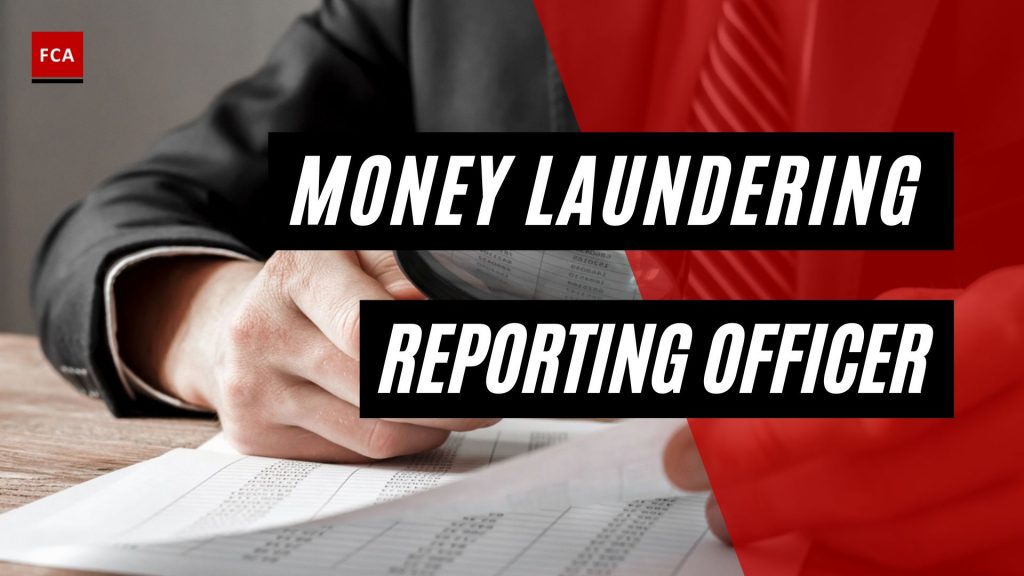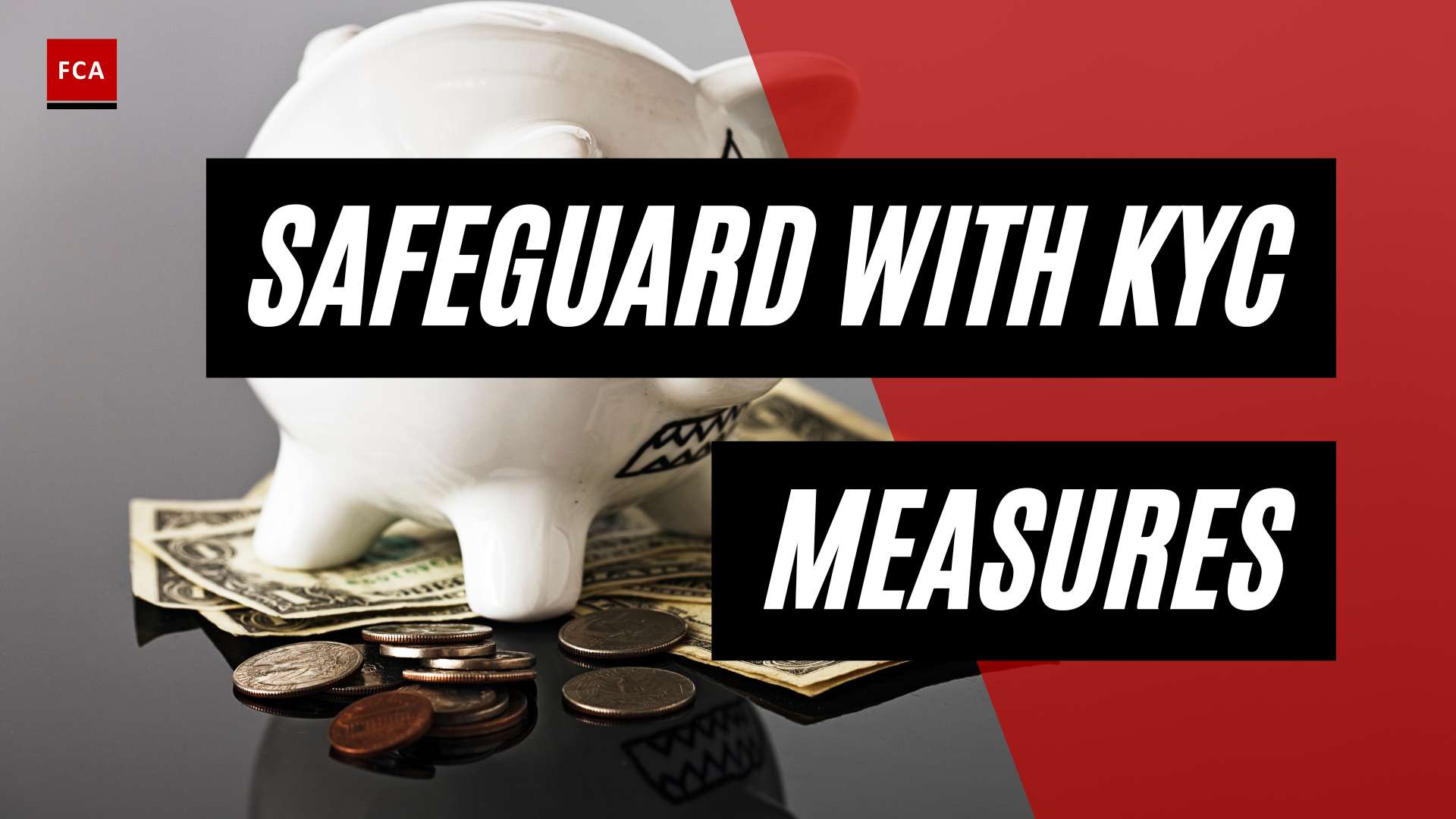As part of the Compliance Function, the Money Laundering Reporting Officer (MLRO) serves as the second line of defense, coordinating with the first line of defense, including Business and Operation Managers, who are responsible for establishing business relationships and processing client and customer transactions. The major responsibility of the MLRO is to manage the AML and regulatory compliance-related tasks and responsibilities using a risk-based approach.
Role Of Money Laundering Reporting Officer
As a best practice, a larger organization’s or corporation’s MLRO should not be actively involved in business operations, receipt, transfer, or payment of monies. The MLRO should have independent monitoring and should be able to connect directly with people who make business decisions, such as senior management or the board of directors.
An MLRO needs to have the necessary authority and access to resources to implement an effective compliance program and make any desired changes, know your business’s functions and structure, have knowledge of your business sector’s ML/TF risks and vulnerabilities as well as ML/TF trends and typologies, and understand your business sector’s requirements under the PCMLTFA and associated regulations.
MLRO’s primary responsibilities include ensuring compliance with applicable AML/CFT and KYC laws, rules, regulations, and instructions, developing end-to-end compliance programs and all AML/KYC policies, procedures, methods, tools, and so on in light of these guidelines and ensuring, monitoring and overseeing their entity-wide implementation.
Determining the resources required to perform compliance roles and responsibilities professionally and of desired quality; ensuring that appropriate AML/KYC policies, procedures, methods It should also give summary statistics and conclusions on compliance concerns to the board or a subcommittee of the board, as well as CCM, on a regular basis; ensure that client accounts are monitored regularly to detect suspicious activity and transactions and examine compliance policies and processes to verify that AML/CFT/KYC-related regulatory requirements are included for meticulous compliance.
Other responsibilities include: coordinating with senior management to implement the overall Compliance Program; responding to and assisting regulatory authorities or agencies in performing inspections or investigations; updating the Board of Directors and Senior Management on AML/KYC initiatives, ensuring that employees receive AML/KYC training; and ensuring the timely and accurate reporting of the Suspicious Activity Report (SAR) to the appropriate regulatory authority.

An MLRO’s responsibilities include obtaining appropriate access to the company’s business records in order to make fully informed decisions in order to ensure compliance with relevant U.K. regulations Money laundering legislation and regulations They should take responsibility for developing and maintaining their employer’s AML policies and procedures to reflect changes in the regulatory environment, including conducting periodic reviews to assess their effectiveness.
An MLRO also plays a role in fostering the appropriate compliance culture, which can include the development and delivery of AML as well as counter-terrorism financing (CTF) training to employees and executives. This includes describing the significance of a risk-based approach to compliance.
The MLRO must have the authority to make reports to law enforcement without seeking permission from another person. Their employer must also provide the means for them to review and communicate Suspicious Activity Reports (SARs) to law enforcement in a timely
Final Thoughts
The MLRO – also known as a “nominated officer” – oversees their company’s anti-money laundering (AML) systems and serves as a point of contact for related inquiries. The role entails significant responsibility: the MLRO must have access to their firm’s financial records in order to provide oversight and must make strategic decisions about money laundering and financial crime activities.
The MLRO’s duties may result in serious legal consequences, including civil and criminal action. Money Laundering Reporting Officers assume significant personal liability within their firm: if AML safeguards are found to be inadequate, a firm’s MLRO may face significant fines and, in the worst-case scenario, incarceration. Because MLRO is such an important position within a company, it is critical that senior executives understand and consider the role carefully.








